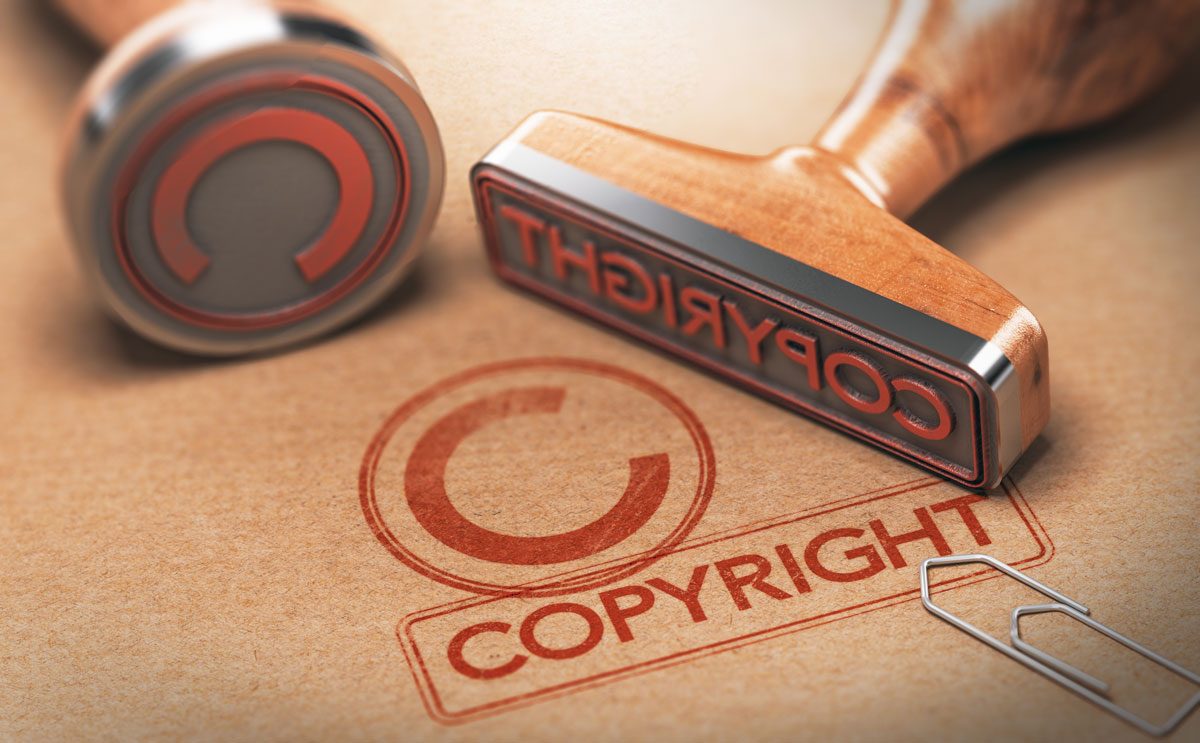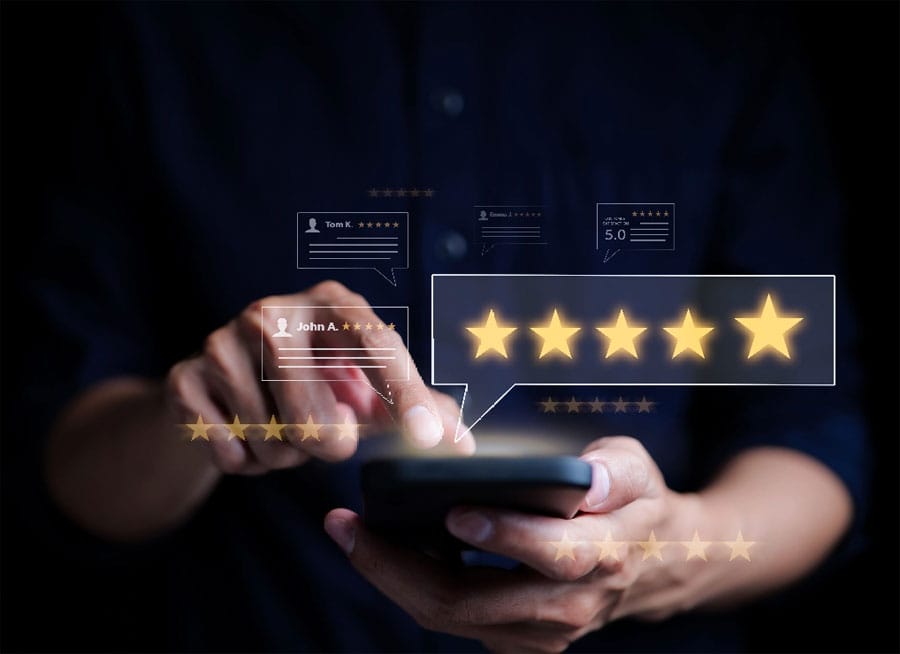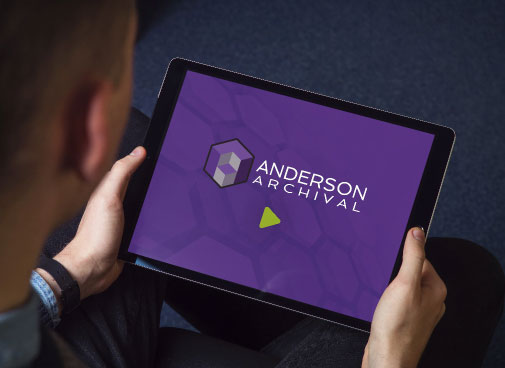
by Marcia Spicer
Anderson Archival are not lawyers, nor should this explainer constitute legal advice.
Outside of the publishing world, copyright isn’t always a topic that comes up with any frequency. For many archives and collection owners, what they don’t know scares them. Are you suddenly faced with confusing questions of copyright, legality, and access? Is a work free to use or do you need to contact someone? If you do, who should you contact to get permission to include a digital version of a work in your collection? I’ll cover a few common copyright scenarios and what we can learn from them.
What Is Copyright?
For the uninitiated, copyright in the United States means a set of exclusive rights granted to authors and creators. These copy rights mean that the creator can make and sell copies of their work, create derivative work (including digitized versions), and perform or display their work. Copyright only applies to a created work rather than the idea for a created work.
Here are a few hypothetical situations to better explain:
- If my brother tells me a story he’s been creating in his head, and I type that story and sell it as my own, he can call me a jerk, but he had no copyright claim.
- On the other hand, if he hands me a story he created, but I write my name on it and sell it as my own, he’s got some serious legal standing under copyright.
- If we created the typed version of the story together, we would jointly hold copyright.
- If my brother or I publish the story in a magazine or press, we would transfer copyright for a specific license or period of time to a publisher.
- If my brother created a typed version of the story before 1926, his copyright has expired and unless he took some action to transfer or otherwise extend the copyright, the story is in the public domain I am free to type my own versions and even sell them, though I’d check with my lawyer first.
- If my brother created a typed version of the story after 1977, then dies and wills the copyright to me, I maintain that copyright for 70 years after his death.
The options and exclusions only get more complex from there, and rules differ depending on the type of work created, the country of copyright, and how a work is being used. Here’s a few other major categories we encounter in digitization.
Fair Use
Read more about Fair Use guidelines from the experts: https://www.copyright.gov/fair-use/more-info.html
-
The purpose and character of use:
Some uses receive more leeway (nonprofit educational use, news reporting, criticism, parody, etc.), but are not fully exempt from copyright law. One of the big issues around purpose for things like parody is whether the work is transformative, which means the parodied work must add something new or serve a different purpose than the original. The nature of the work:
Works of fiction have stricter protection under fair use than non-fiction. Excerpts from fiction, even in the context of a critique, should be treated carefully and weighed against the other criteria.The amount and substantiality of the portion used in relation to the whole work:
You may think that if you only use a little bit of an original document, it’s considered fair use, but that’s not always true. If the portion used reveals the most important part of a work, even using only a few sentences could fail fair use requirements. Consider both the length and the content of the excerpt before deciding it’s fair use.The effect of the use on the potential market for or value of the copyrighted work:
If the section you use damages the work’s commercial value or taints the market, it is no longer fair use. Who needs to buy a work if they can read the most important chapters elsewhere?
Personal and Family Collections
Because the subjects involved are not typically of broad public interest, copyright of family collections is not often contested. Oftentimes, ownership is the bigger question here. It helps to have familial consensus that the current caretaker of a collection has the right and freedom of decision-making to handle them how they see fit, whether that means digitization, donation, or even destruction.
If collection-owners seek to share these collections broadly or even sell copies or access, additional questions will definitely come into play. Unless you were specifically willed the family collection, it’s best to talk to your family—or a lawyer—first.
Corporate Collections and Work for Hire
When looking for who owns the copyrights for corporate collections and other types of work-for-hire, it’s all in the contract. Usually the copyrights of a work are granted to the one employing or commissioning the work. This should be specified in the contract with the creator. If it’s not, determining who owns the copyrights for a work-for-hire can be especially tricky.
The United States Copyright Office defines work-for-hire as either:
“a work prepared by an employee within the scope of his or her employment”
or
“a work specially ordered or commissioned for use
- as a contribution to a collective work,
- as a part of a motion picture or other audiovisual work,
- as a translation,
- as a supplementary work,
- as a compilation,
- as an instructional text,
- as a test,
- as answer material for a test, or
- as an atlas,
if the parties expressly agree in a written instrument signed by them that the work shall be considered a work made for hire.”
So if you’re unsure about the copyright of a corporate collection or work for hire, it’s time to break out the contracts.
Copyright is a complex area of regulation and can be confusing or scary when embarking on a new digital preservation project. No collector wants to pursue digitization of their collection only to find themselves facing legal hassles down the line. Preservation efforts are essential to individual and community histories, so be sure to do your due diligence about your collection and how it will be used. Of course, consulting legal counsel will provide the best protection for your and your collection.
The Anderson Archival team can help you navigate legal specifics and always performs work in accordance with your specifications.






